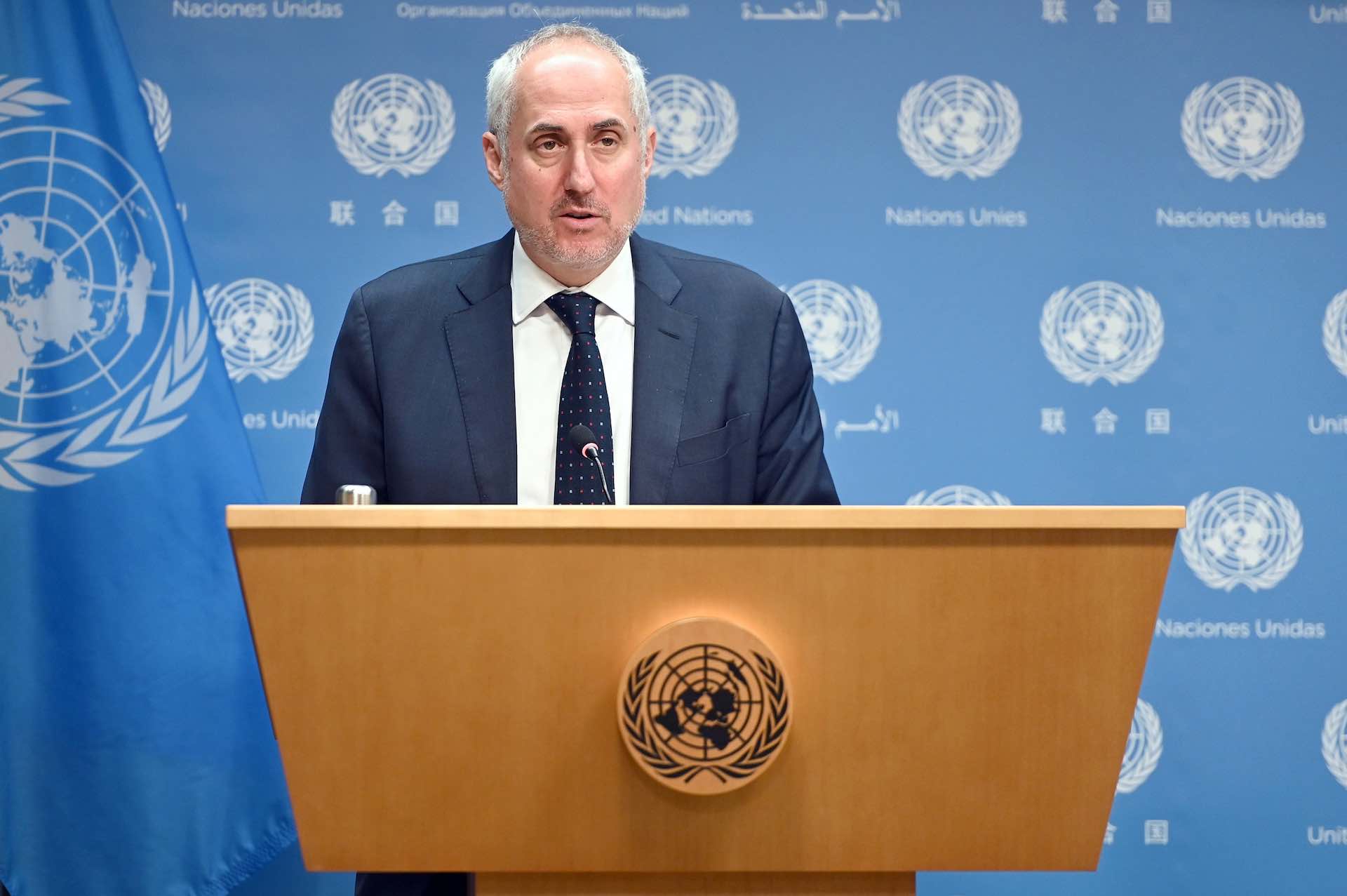The UN humanitarian affairs office, OCHA, said that enormous needs still exist and the future looks bleak despite the unprecedented scale-up of assistance in Afghanistan over the past year. In Afghanistan, UN agencies and their partners continued to provide assistance to nearly 23 million people, or nearly 94 percent of all people in need. A humanitarian operation expanded into all 34 provinces last winter, and their efforts saved lives and averted a famine.

In this year, 7.7 million citizens, including three million women and girls, received healthcare support, reducing excess maternal, neonatal, and child mortality. Besides emergency cash for food, shelter, protection, and health, additional humanitarian assistance has been provided in the form of work and livelihood support, injecting much-needed liquidity into the economy. Alakbarov called for an increased commitment to helping vulnerable communities and meeting their lifesaving needs.








